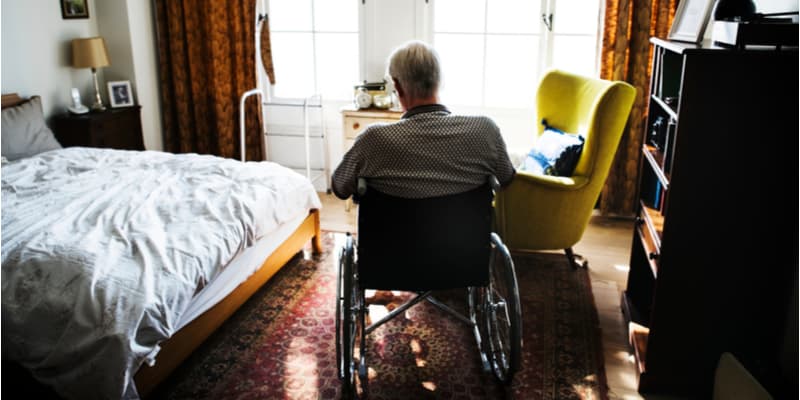Elderly Mental Health

Why is Elderly Mental Health Important?
Elderly mental health is important for several reasons. Firstly, it affects the overall quality of life for seniors. Mental health conditions can cause feelings of sadness, hopelessness, and isolation, making it difficult for seniors to engage in activities they once enjoyed. Secondly, untreated mental health conditions can lead to physical health problems such as heart disease, stroke, and diabetes. Lastly, elderly individuals who suffer from mental health conditions are at a higher risk of suicide, with depression being a leading cause of suicide among seniors.
The Prevalence of Depression and Anxiety Among Elderly Individuals
Depression and anxiety are the most common mental health conditions among elderly individuals. According to the World Health Organization (WHO), depression affects approximately 7% of elderly individuals worldwide. In addition, anxiety affects approximately 3% of elderly individuals worldwide. However, these numbers may be underestimated as many cases of depression and anxiety go undiagnosed and untreated.
Causes of Depression and Anxiety Among Elderly Individuals
Depression and anxiety among elderly individuals can be caused by a variety of factors, including:
- Chronic health conditions such as heart disease, diabetes, and chronic pain.
- Lack of social support and isolation.
- Loss of a loved one.
- Financial difficulties.
- Physical limitations and disabilities.
Treatments for Depression and Anxiety Among Elderly Individuals
Treatments for depression and anxiety among elderly individuals may include:
- Counseling and therapy.
- Medications such as antidepressants and anti-anxiety medications.
- Lifestyle changes such as exercise and healthy eating.
- Support groups.
The Importance of Social Support for Elderly Mental Health
Social support is crucial for maintaining good mental health among elderly individuals. Unfortunately, many seniors may experience social isolation, which can lead to depression and anxiety. Therefore, it is important for family members and caregivers to provide social support for elderly individuals. This can include regular visits, phone calls, and participation in social activities.

The Benefits of Exercise for Elderly Mental Health
Exercise has been shown to have numerous benefits for mental health, particularly for elderly individuals. Exercise can help reduce symptoms of depression and anxiety and improve overall mood. In addition, exercise can improve cognitive function and reduce the risk of dementia and Alzheimer's disease.
Types of Exercise for Elderly Individuals
Types of exercise that are particularly beneficial for elderly individuals include:
- Walking
- Yoga
- Swimming
- Tai Chi
- Resistance training
Advantages and disadvantages
Conclusion
FAQs
1. What are the warning signs of depression in elderly individuals?
Warning signs of depression in elderly individuals may include:
- Feelings of sadness or hopelessness.
- Loss of interest in activities they once enjoyed.
- Changes in appetite or sleep patterns.
- Lack of energy or motivation.
- Difficulty concentrating or making decisions.
2. Can exercise improve cognitive function in elderly individuals?
Yes, exercise has been shown to improve cognitive function in elderly individuals. Regular exercise can help improve memory, attention, and processing speed.
3. What are the benefits of social support for elderly individuals?
The benefits of social support for elderly individuals include:
- Reduced risk of depression and anxiety.
- Improved overall mood.
- Increased sense of purpose and belonging.
- Improved physical health.
4. What types of exercise are safe for elderly individuals?
Types of exercise that are safe for elderly individuals include:
- Walking
- Yoga
- Swimming
- Tai Chi
- Resistance training with light weights or resistance bands.
